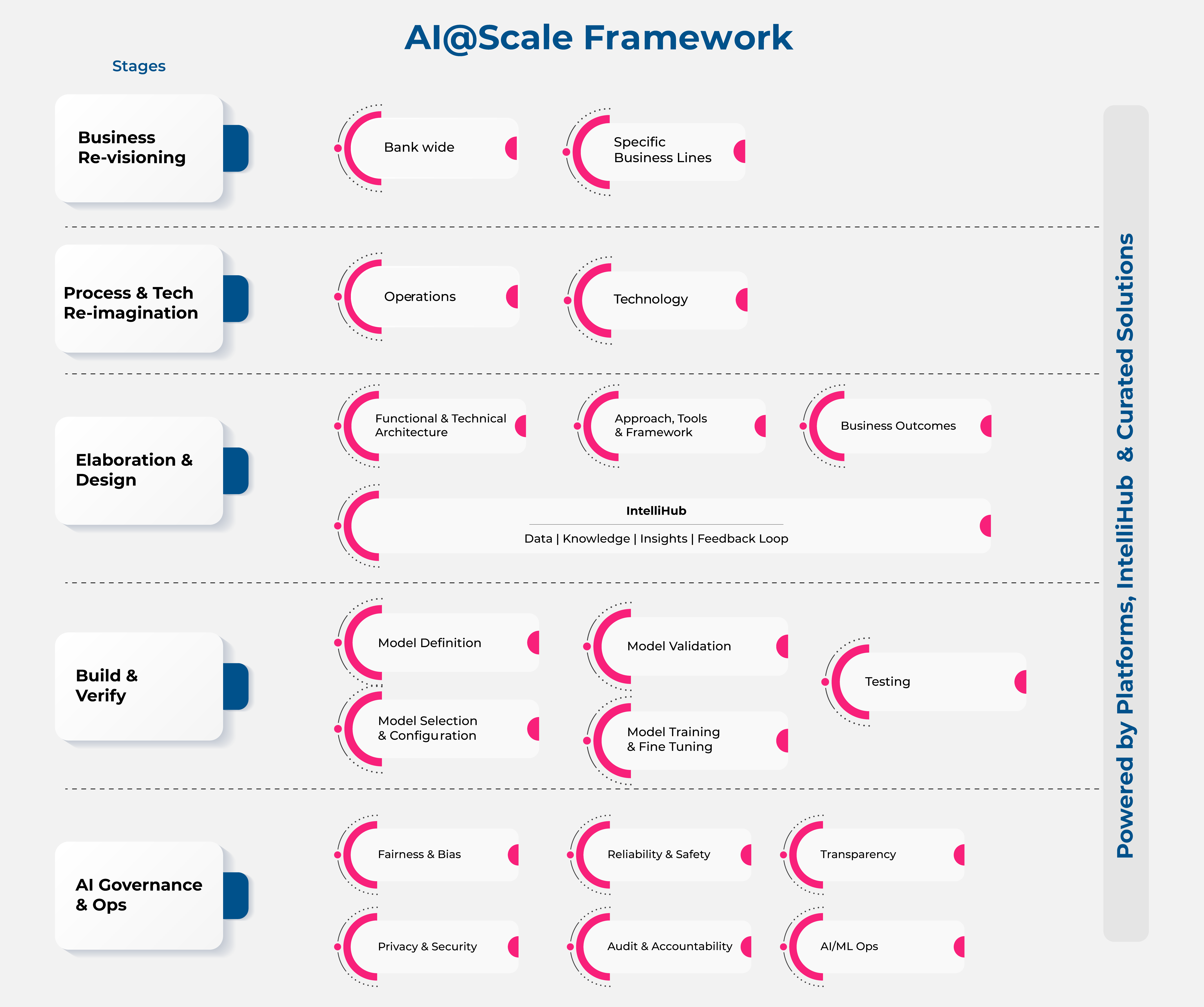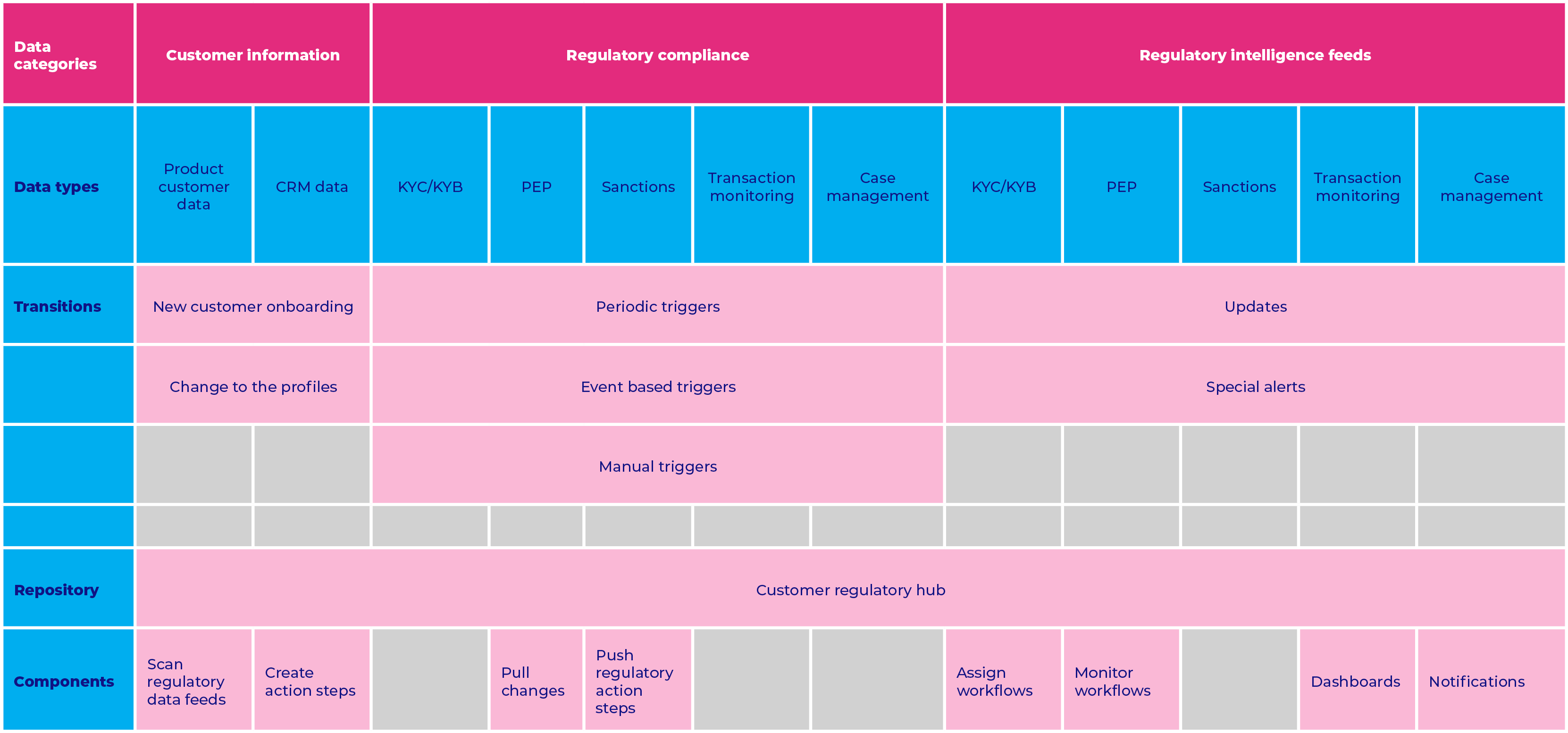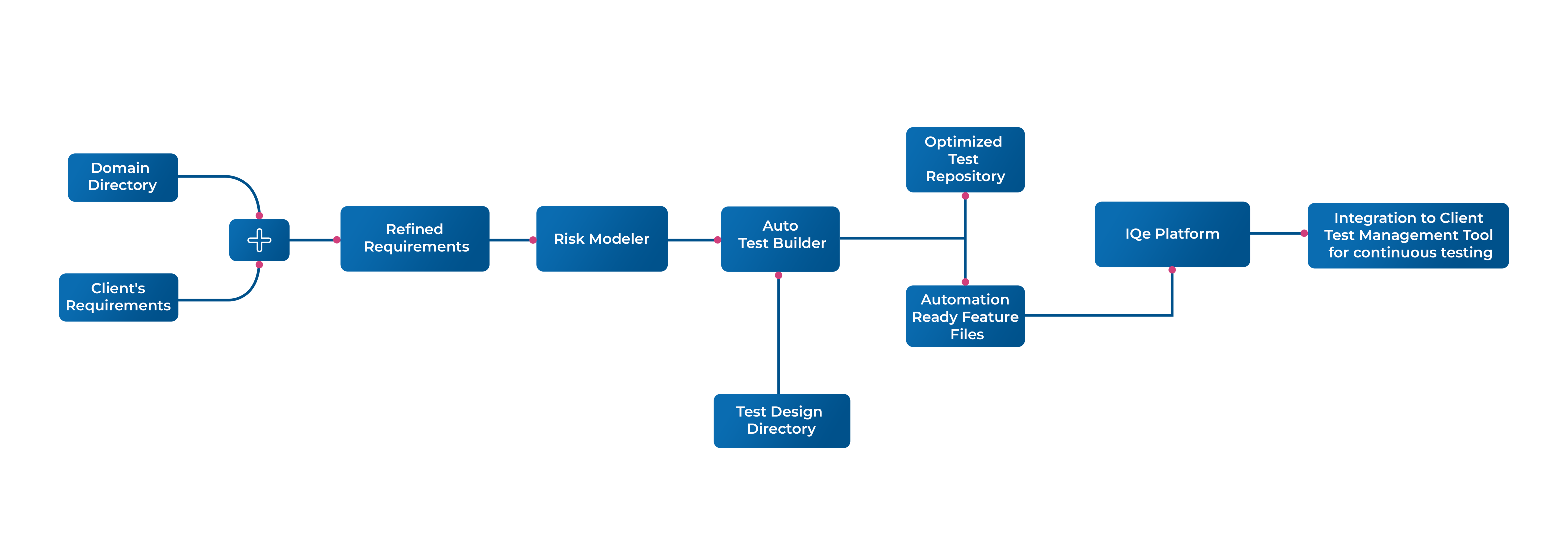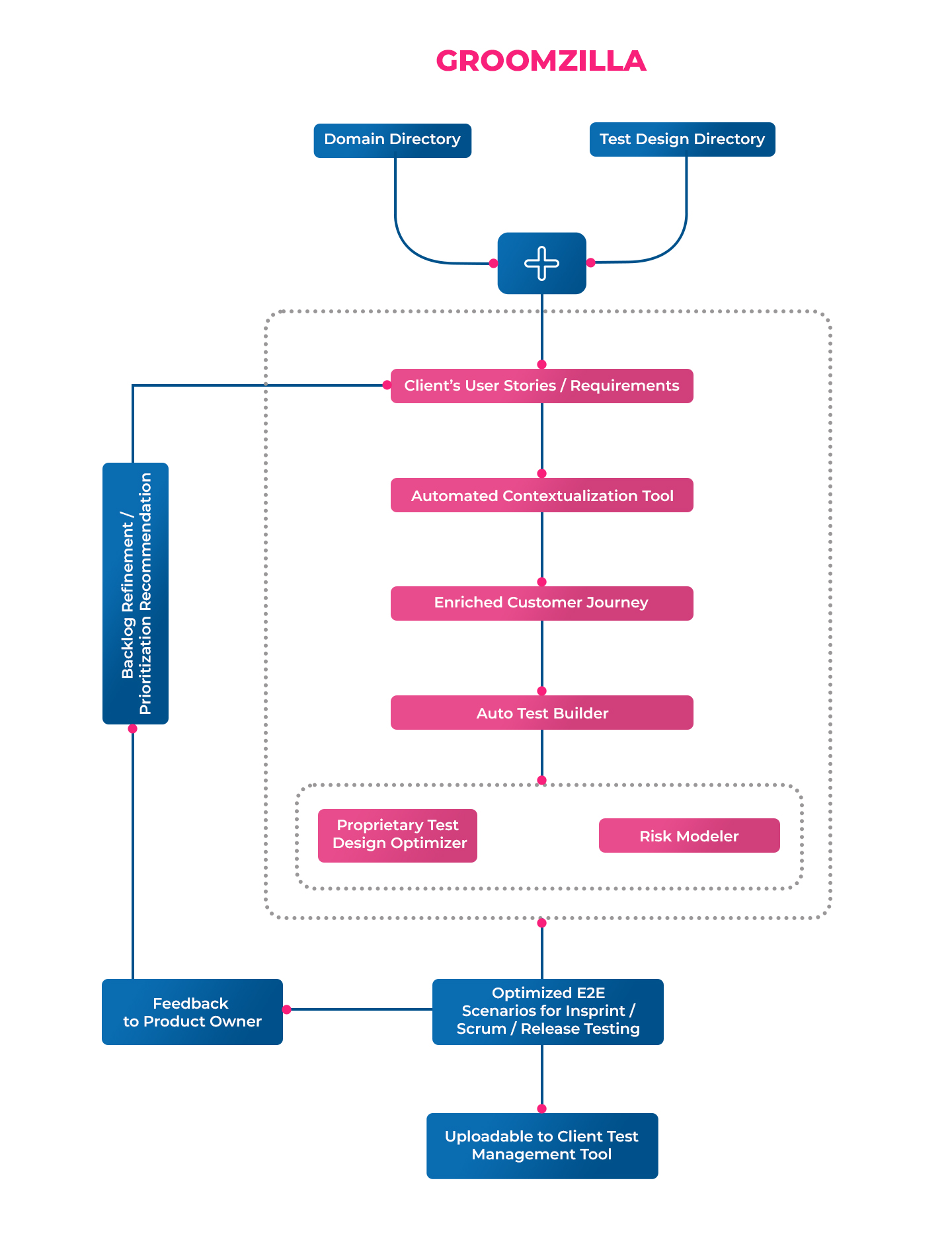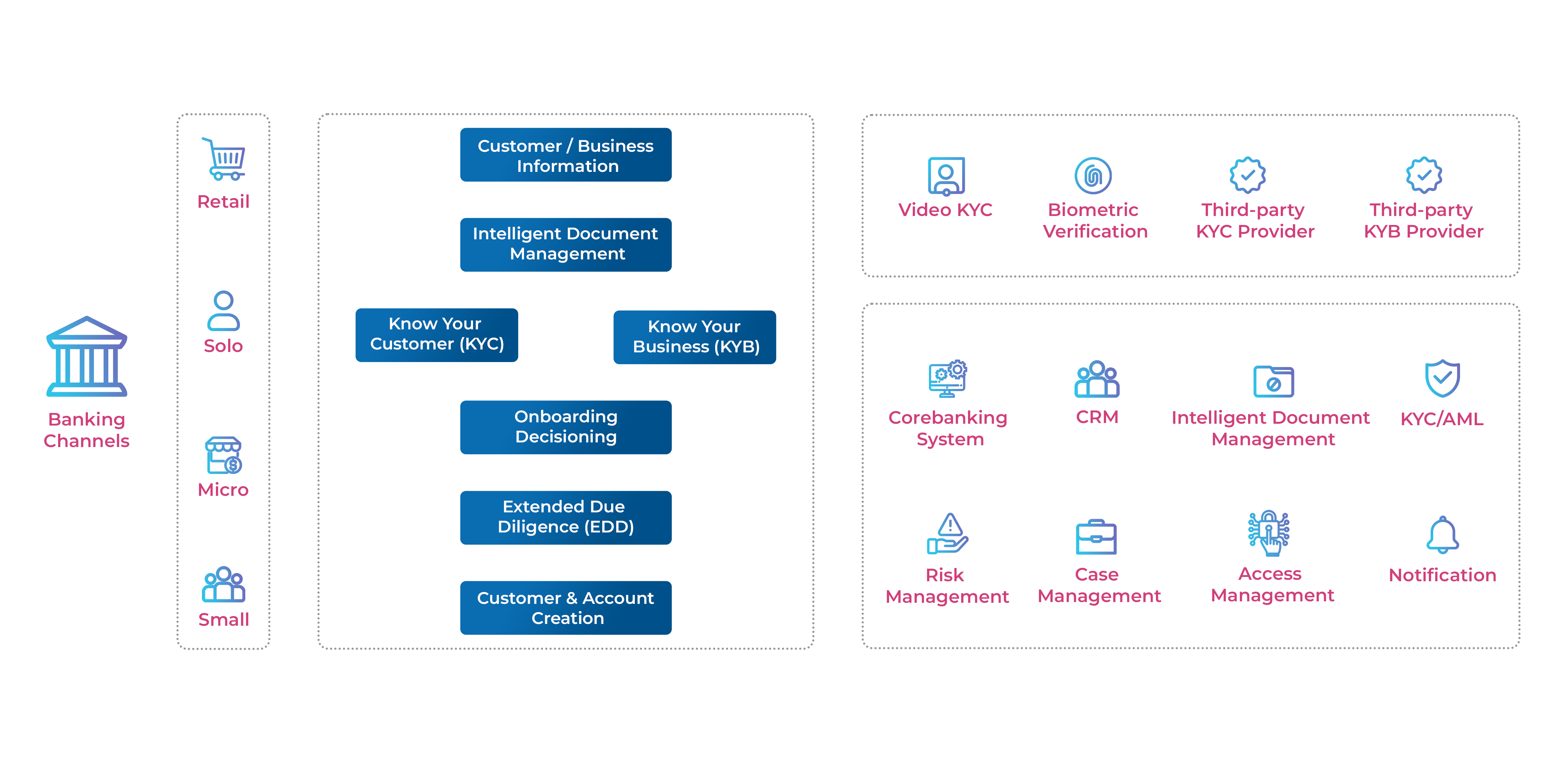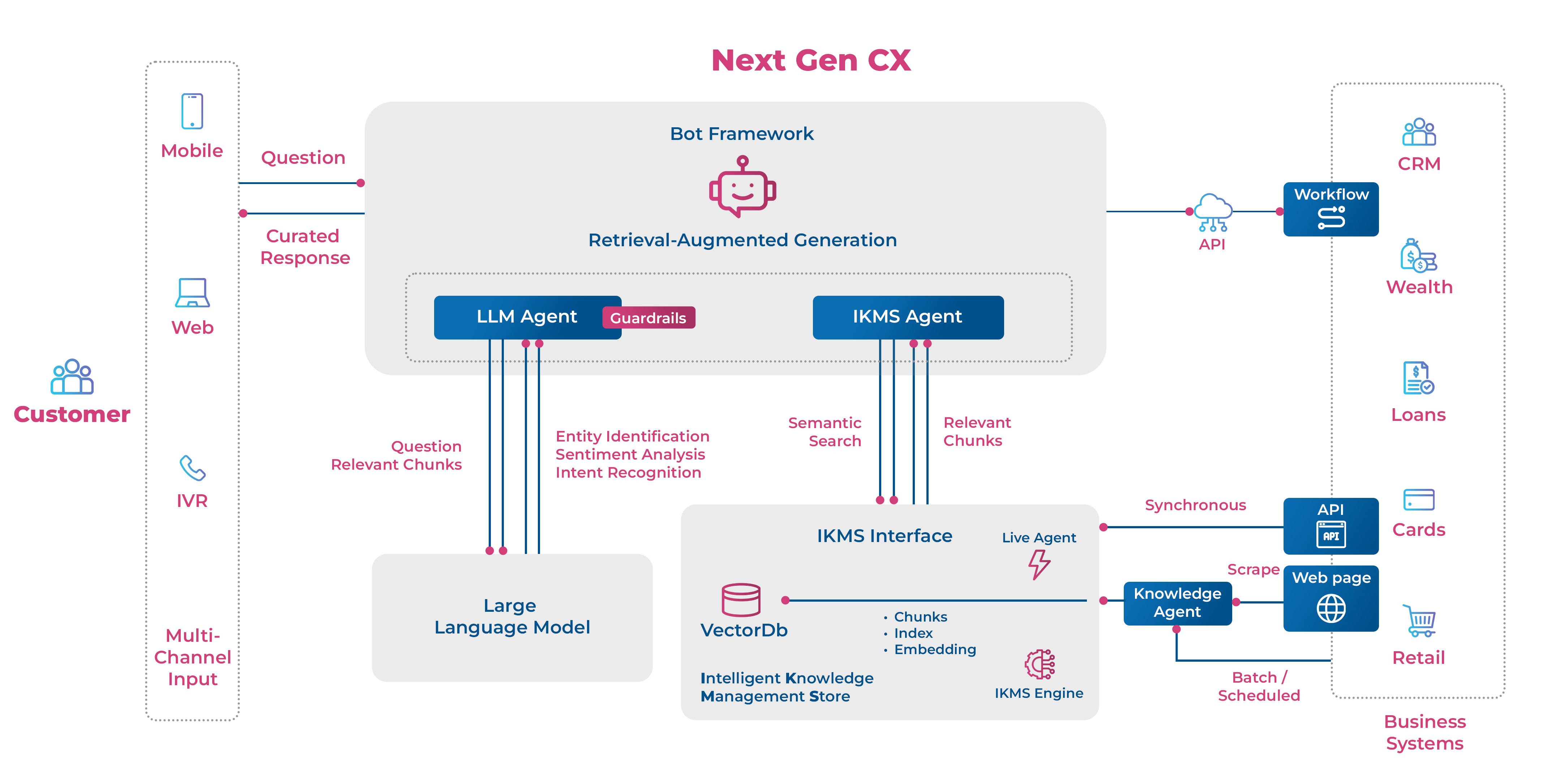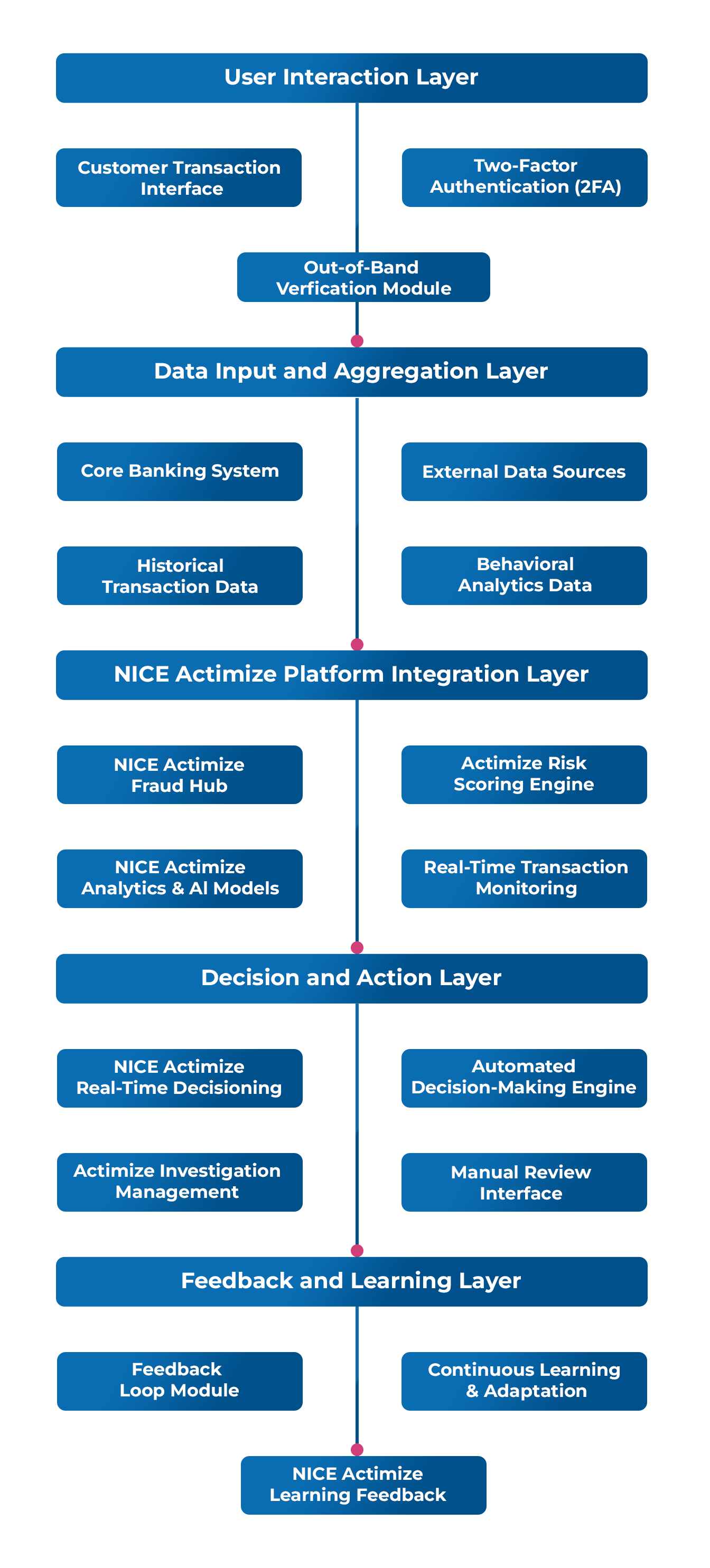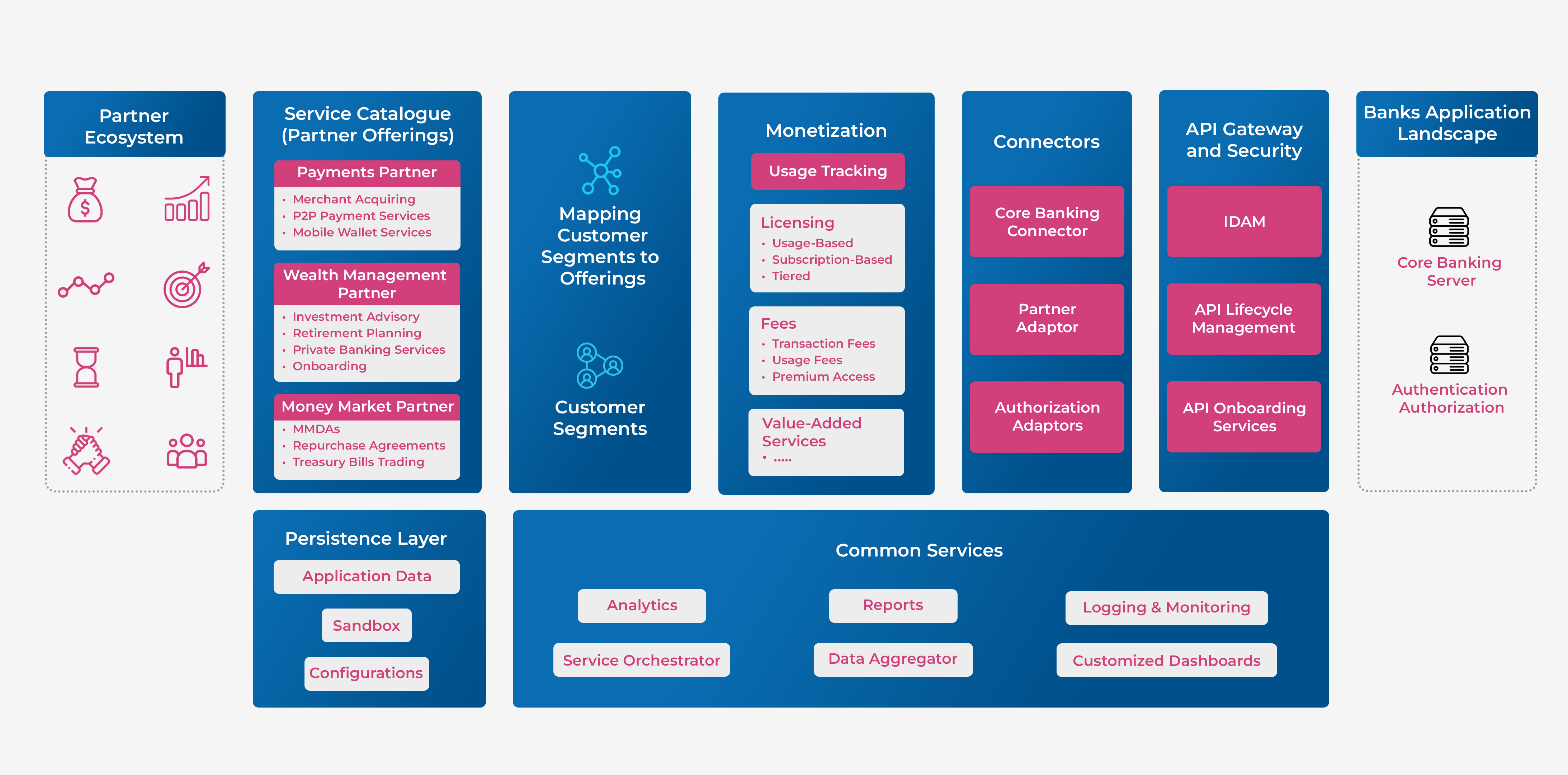Technology is an integral part of the HR process, spanning the entire employee lifecycle from onboarding to offboarding and beyond. From using AI assistants to understand associate experiences, to using chatbots to resolve issues, HR is using technology to create positive associate experiences.
For the better part of the last decade, HR teams were focused on L&D, talent acquisition, and internal brand building. The COVID-19 pandemic completely shifted our perspective on the role that HR and people leaders and their teams need to play. Retaining talent and culture orientation due to “the great resignations” have taken centre stage today, and people teams are now heavily focused on building an organizational culture that not only resonates with people, but inspires, and fosters a space for innovation. Keeping up with the fast-changing business needs, HR is scaling Learning and development (L&D) programs by adopting digital learning platforms and marrying them with experiential learning opportunities based on real-life project requirements, which make learning more relevant and effective.
The role of HR leaders has no doubt been elevated in the recent past; the importance of people operations was recognized during the pandemic and has grown since. For a very long time, HR teams were limited to a functional role. That has changed massively today. When you’re thinking about the strategy of managing and scaling a team, HR has a seat at the table today.
Aligning people with business and strategy
Organizations today understand the strategic value of human capital, its role, and the direct impact it has on the top-line and the bottom-line of the organization. People are not resources any longer, they are strategic partners in achieving business goals. Integrating HR at the board ensures that decisions are made conjunctively and not in isolation.
I am often asked – what has changed in the last decade – here is my take particularly on this question.
Talent has become a competitive differentiator, especially in the tech space:
The tech world is facing a major talent crunch today. Whether you look at skilled AI professionals or data analysts, finding the right talent for the right role is not easy. Industry relies heavily on the skills and creativity of the workforce and HR is expected to share insights on attracting, retaining, and developing top-tier talent
Focused effort on building company culture:
Creating cohesive and trusted teams is one of the most pressing needs of the hour today, and that is why alignment with the company’s culture tops the chart. The right culture can significantly impact the way people act individually and in a group setting, the kind of collective energy they create, and the kind of ecosystem they build. company’s culture is When a focused effort is made in building a company’s culture, it becomes a powerful driver of sustainable growth.
2024 and beyond, the three musts for people teams
Focused approach towards the ways of working:
In the face of a dynamic employment landscape marked by frequent job switches, HR is taking a proactive approach to preserving the essence of the organization. With a minimal percentage of associates with extended tenures, HR is strategically looking at sustainable ways of instilling organizational culture and retaining the distinct ways of working that set the organization apart. HR is committed to aligning associates with the company’s culture, ethos, and norms thereby creating a differentiated talent through innovative engagement initiatives.
Leveraging technology for productivity, effectiveness, and efficiency:
Technology is an integral part of the HR process, spanning the entire employee lifecycle from onboarding to offboarding and beyond. From using AI assistants to understand associate experiences, to using chatbots to resolve issues, HR is using technology to create positive associate experiences. Technology will play a key role in data insights for strategic decisions, improving productivity, performance management, and optimization of resources. By taking over the transactional aspects of HR, generative AI will enable line managers to focus on strategic initiatives and collaborate more closely with the business teams to co-create value and address business-critical problems.
Strengthening middle-level leadership:
I foresee organizations developing frameworks and investing significantly in building leaders and managers from within the organization, especially at the mid-managerial level. This layer is responsible for the maximum number of people in the organization. HR is no more the only function responsible for taking care of people matters, but it is also their reporting managers who have a huge role to play in keeping their teams engaged and happy. Leaders at the mid-level need to develop the ability to balance between customer and people priorities. We have already seen this trend picking up in the last few years, which will significantly improve in the years to come. Organizations must train middle-level managers for leadership roles, actively promote internal mobility, and create a dynamic and growth-oriented environment that empowers them.
Organizations are reassessing HR practices including associate experiences, engagement frameworks, and performance management to meet evolving business requirements. Traditional HR practices are becoming irrelevant to the constantly changing business needs, KRAs, and expectations. Goal setting to review processes is being revisited to address the challenges of maintaining consistency in performance evaluations in dynamic environments. Annual review processes are being replaced or modified to accommodate more frequent feedback loops, and parameters of productivity and utilization models are being debated with a shift in outlook from being time-driven to being more outcome-driven.
The “people function” globally is going through this transition. More than a role, it is a shift in mindset with organizations and business leaders collaborating to fast-track the adoption of this change in mindset.
The author is the Global CEO of Maveric Systems. Views expressed are personal and do not reflect the official position or policy of Financial Express Online. Reproducing this content without permission is prohibited.
About the Author
 Krishnakumar Ramachandran (KK) Heads the Human Resources function in Maveric. He is accountable for enhancing the overall associate experience and building a differentiated talent aligned with Maveric’s ways of working. In his role, he has been entrusted to design and execute impactful programs that help drive accelerated career growth, build a leadership pipeline, and tech-led HR process automation that will enable our growth aspirations of becoming one of the top three global Bank-Tech providers by 2025.
Krishnakumar Ramachandran (KK) Heads the Human Resources function in Maveric. He is accountable for enhancing the overall associate experience and building a differentiated talent aligned with Maveric’s ways of working. In his role, he has been entrusted to design and execute impactful programs that help drive accelerated career growth, build a leadership pipeline, and tech-led HR process automation that will enable our growth aspirations of becoming one of the top three global Bank-Tech providers by 2025.
Originally published on Financial Express





